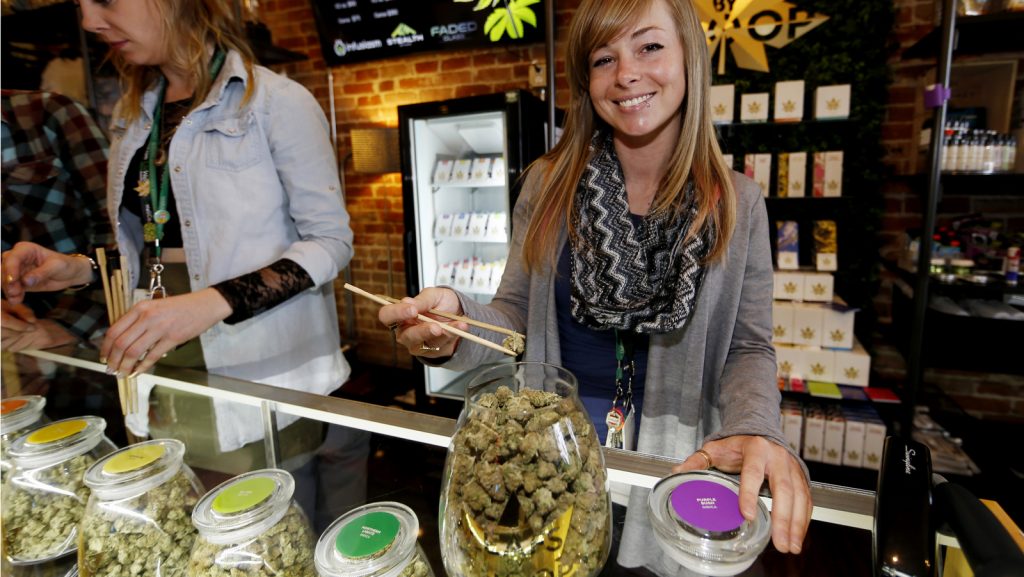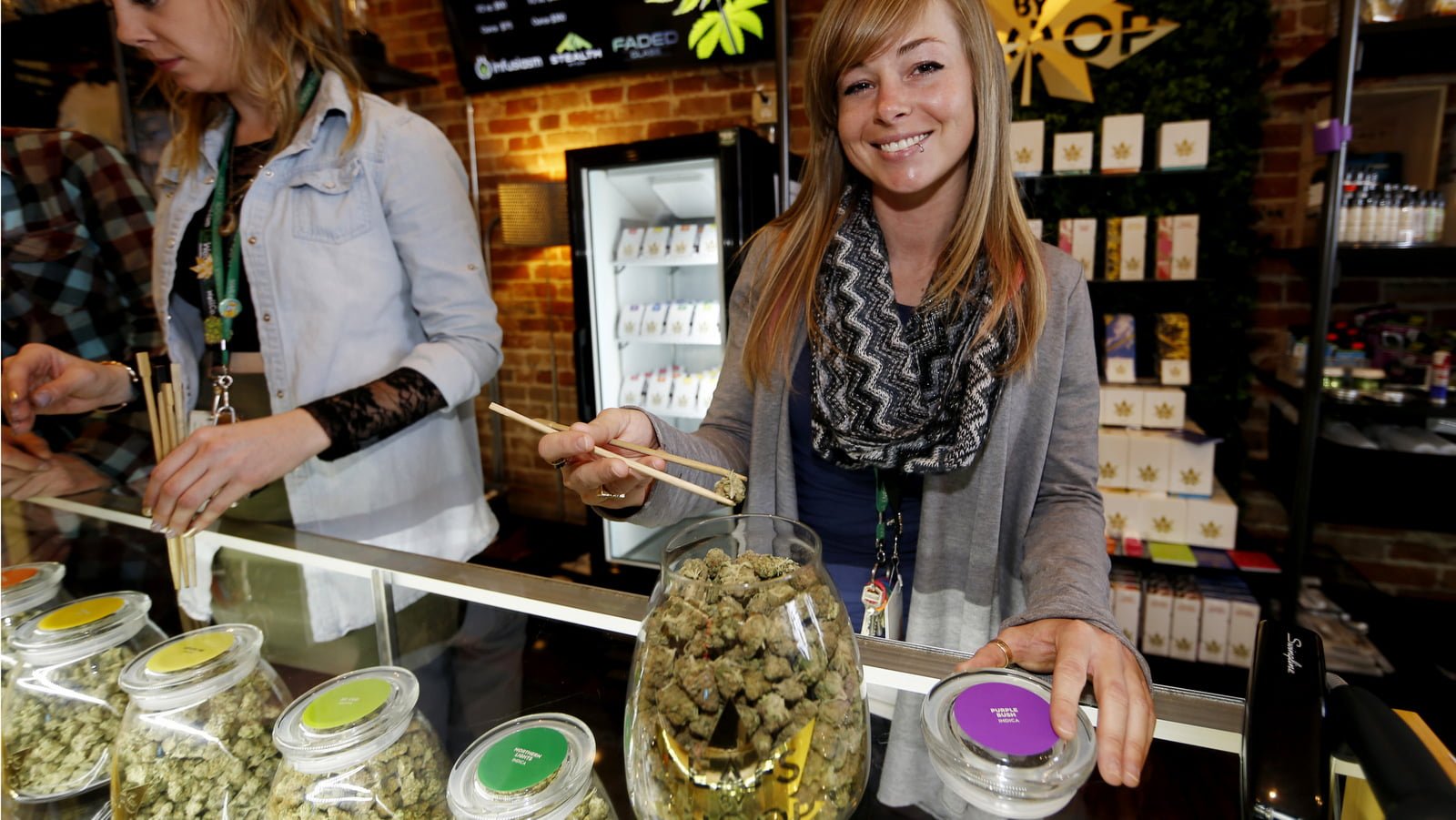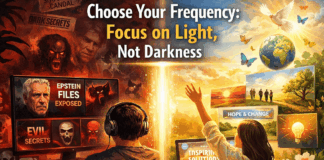
A curious thing is happening as the war on weed crumbles before knowledge and reason. The propaganda campaign orchestrated during the 20th century by the State and its corporate allies is unraveling, exposing the absurdity of prohibition.
Since the gates have been pried open–to an extent–for medical cannabis research, we are discovering amazing benefits of this plant for a variety of ailments. Yet it is still classified by federal government as a Schedule 1 drug with “no medicinal value and high potential for addiction.”
Meanwhile, alcohol and cigarettes—other psychoactive drugs that actually do kill people—have no medicinal value and are highly addictive, yet are not subject to Controlled Substances classification.
Now, one more false tenet of Reefer Madness believers is being dispelled.
A major study from Washington University School of Medicine, to be published in June, found that teen use of cannabis has significantly decreased as states legalize cannabis.
A survey of more than 216,000 adolescents from all 50 states indicates the number of teens with marijuana-related problems is declining. Similarly, the rates of marijuana use by young people are falling despite the fact more U.S. states are legalizing or decriminalizing marijuana use and the number of adults using the drug has increased.
Researchers examined 12 years of data from the National Survey on Drug Use and Health. Instances of cannabis use fell by 10 percent, while “the number of adolescents who had problems related to marijuana — such as becoming dependent on the drug or having trouble in school and in relationships — declined by 24 percent…”
This raised an important point. While responsible adult cannabis use is far less harmful than “legal drug” use, the abuse of any drug—including cannabis—is detrimental to one’s health, especially on the developing adolescent brain. Cannabis has legitimate therapeutic benefits, but like any drug can exacerbate problems that kids have in dealing with school or troubling facets of their life.
“We were surprised to see substantial declines in marijuana use and abuse,” said study author Richard A. Grucza. “We don’t know how legalization is affecting young marijuana users, but it could be that many kids with behavioral problems are more likely to get treatment earlier in childhood, making them less likely to turn to pot during adolescence. But whatever is happening with these behavioral issues, it seems to be outweighing any effects of marijuana decriminalization.”
While this study cannot show a causal connection between the decline in cannabis use in adolescents and state legalization, the fear-mongering of prohibitionists that hordes of kids are going to start smoking weed has been proven wrong.
The results of this study suggest another intriguing reality—as the taboo of something is removed, it can become less appealing or less ripe for abuse. Since kids can get real information on cannabis instead of lies and disinformation, they can make better choices.
If this is true, as well as teen cannabis use declining in part due of legalization, it follows that government is once again promoting sustained harm on the well-being of the populace. By keeping cannabis illegal, while stifling real information and pushing propaganda, the State may have increased abuse and behavioral problems among our nation’s youth.
All in all, kids seem to be taking a turn for the better.
“Adolescent crime rates have been declining for about 20 years,” Grucza told Forbes. “Teenage pregnancy rates are at an all time low. Binge drinking among high school students is dropping. (Though you wouldn’t know any of this from news coverage).”
Grucza went on to say:
It is likely that more states will continue to legalize, and no matter how well it is regulated, it will make it easier for kids to get access to marijuana, and some portion of these kids will develop problems. However, I think our results suggest that overall, kids are becoming less susceptible to getting hooked. My bet is that this will outweigh the effects of legalization.
Disclaimer: We at Prepare for Change (PFC) bring you information that is not offered by the mainstream news, and therefore may seem controversial. The opinions, views, statements, and/or information we present are not necessarily promoted, endorsed, espoused, or agreed to by Prepare for Change, its leadership Council, members, those who work with PFC, or those who read its content. However, they are hopefully provocative. Please use discernment! Use logical thinking, your own intuition and your own connection with Source, Spirit and Natural Laws to help you determine what is true and what is not. By sharing information and seeding dialogue, it is our goal to raise consciousness and awareness of higher truths to free us from enslavement of the matrix in this material realm.
 EN
EN FR
FR


























